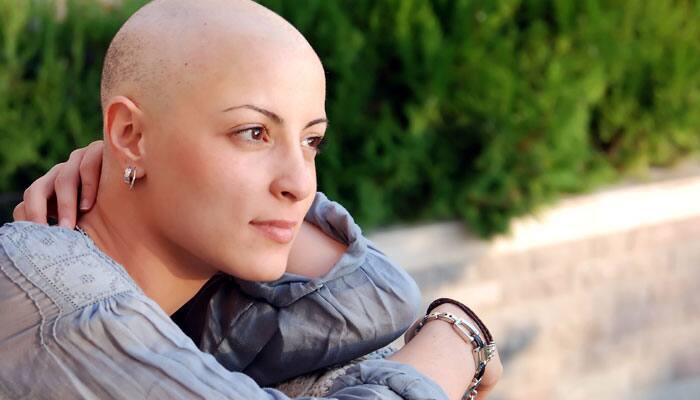New Delhi: A new study suggests that exercise and psychotherapy may be more effective than medication in dealing with cancer-related fatigue.
For the study, researchers examined data from 113 past published studies involving more than 11,500 cancer patients with fatigue. Patients were randomly assigned to treat their exhaustion with exercise or psychotherapy, or both, or with drugs.
Exercise and psychotherapy were associated with a 26 percent to 30 percent reduction in fatigue during and after cancer treatment, the study found. Drugs, however, were tied to only a 9 percent decline in fatigue.
“Patients need to try exercise or psychotherapy before they reach for a pharmaceutical,” said lead study author Karen Mustian of the University of Rochester Medical Center in Rochester, New York.
Almost half of the patients included in the review were women with breast cancer.
According to researchers, cancer-related fatigue is common and may be tied to the effects of tumors or treatments.
Unlike other types of exhaustion, just getting more sleep or giving aching muscles a break from strenuous activities can’t address fatigue associated with tumors.
According to Mustian, fatigue tied to cancer can persist for years and may be worsened by other cancer-related health problems like depression, anxiety, sleep disturbance and pain.
The study looked at the impact of 4 different treatment approaches: exercise alone; mental health interventions aimed at providing information and/or helping patients understand and adapt to their current situation; a combination of both exercise and psychological treatment; and prescription drugs, including stimulant medications.
Although all four interventions led to improvement in fatigue, researchers found that exercise therapy led to the best outcomes.
“We do not know for sure why exercise works, but some research is beginning to suggest it is due to anti-inflammatory effects and also improvements in physical function - cardiovascular, pulmonary and muscular,” Mustian added. “In terms of psychotherapy, the most beneficial form was group therapy that used a cognitive behavioral approach to educate patients, help them to change the way they think about fatigue and managing it, and adopting behaviors to help alleviate it.”
Exercise and psychological interventions are effective for reducing cancer-related fatigue during and after cancer treatment, and they are significantly better than the available pharmaceutical options, they concluded.
The researchers suggest that clinicians should prescribe exercise or psychological interventions as first-line treatments for cancer-related fatigue.
The study has been published online in JAMA Oncology.
(With Agencies input)
















